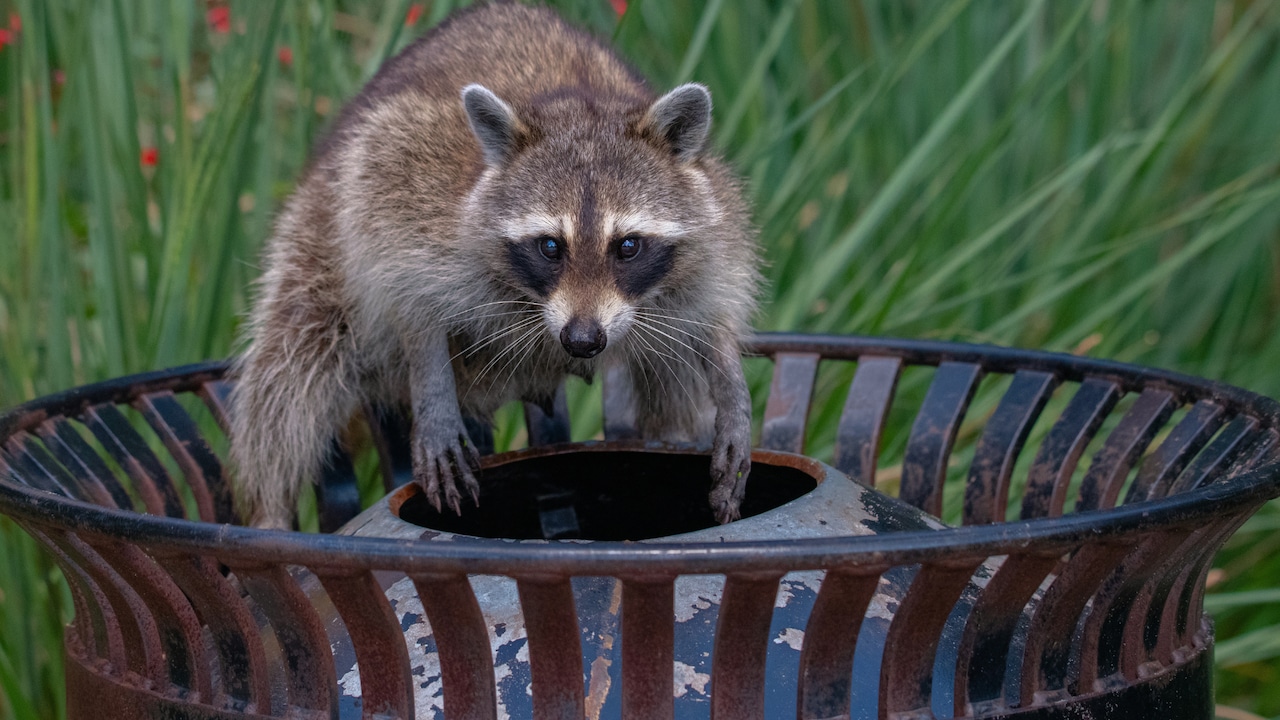If you’ve ever caught a raccoon digging through your neighbor’s garbage can at night, you may have been witnessing evolution in action.
A new study in the online journal Frontiers in Zoology suggests that city raccoons are slowly becoming domesticated. Not quite cuddly house pets, but definitely less razor-fingered creatures of the night.
Scientists from University of Arkansas at Little Rock analyzed nearly 20,000 images of raccoons from across the United States. They found that raccoons living in cities have shorter snouts than their countryside cousins in rural areas.
Shorter snouts are a classic indicator of domestication syndrome, a set of physical traits that tend to emerge when animals start becoming more tolerant of humans.
IFL Science notes that small physical changes, such as alterations in coat color, reduced tooth size or shifts in craniofacial shape, often indicate early stages of domestication.
This same pattern has appeared in dogs, cats, pigs and other animals that have cozied up to humans over the years.
Dr. Raffaela Lesch, the study’s lead researcher, recalled asking herself, “Would raccoons be on the path to domestication just by living near humans?” According to her research, the answer is yes.
Lesch’s theory is that the main driver of the domestication is human trash. “Animals love our trash. It’s an easy source of food. All they have to do is endure our presence, not be aggressive, and then they can feast on anything we throw away,” Lesch explained on the University of Arkansas at Little Rock website.
In theory, if raccoons keep following this path, we might eventually end up with a semi-domesticated version of the species.
Perhaps we can teach them to fetch our newspapers from the driveway in the morning.

